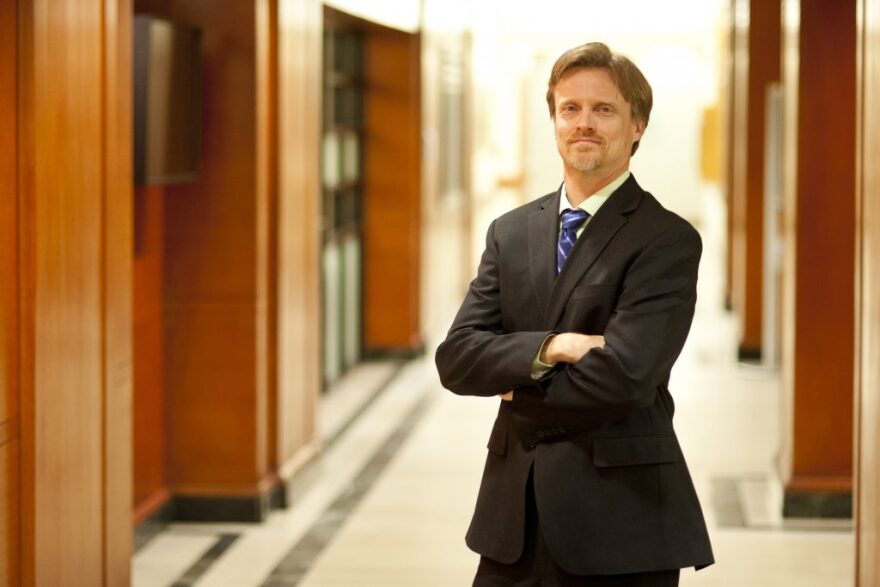The COVID-19 pandemic may lead to big changes in the education and training of health care professionals, says said Dr. Timothy Hoff, a professor of Management, Health Care Systems and Health Policy in the D’Amore-McKim School of Business and School of Public Policy and Urban Affairs, Northeastern University, in Boston.
“If you’re from the medical community, it’s not just having clinical knowledge and it’s not just being the smartest doctor in the room that counts in a situation like this. You need a whole additional set of skills,” said Hoff.
Hoff says medical professionals need training in crisis management and the ability to work faster and make quick decisions, faster than they would in a normal medical situation. They also need help dealing with the mental toll of the crisis. “Just the sheer emotional content of what’s being thrown at you, the psychology of having to deal with tens and hundreds of sick patients. If you’re working at a hospital in New York City, it’s got to be overwhelming. And there’s no way, until you truly go through it as a physician for example, that you can really know what it’s about.”
So will the COVID-19 pandemic leads to a change in the way health care workers are trained?
“Well, as we know medical schools are really slow to change anything. They’ve sort of had the same model for a century if you really go back to the Flexner Report and the early days” said Hoff. The Flexner Report was a landmark report on medical education in the United States and Canada, written by Abraham Flexner and published in 1910. It was sponsored by the Carnegie Foundation.
Dr. Hoff says during the first two years of med school students sit in a classroom and learn basic science skills and memorize facts followed by a multiple choice test. He hopes this pandemic might be a catalyst for change in the system.
“So what does that mean? It means introducing, potentially, other topics besides basic science into the curriculum. Public health concepts, public health training, basic understanding of things like epidemiology and population health.”
Dr. Hoff also thinks it’s not just how medical students train, but who they training with that could change.
“It’s still pretty much a medical student sitting in a classroom with other medical students. But (it could) increasingly move towards inter-professional training. Having medical students training alongside nursing students, training alongside nurse-practitioner students, for example, early on to develop more of a team mentality and to understand really how to deliver care within a team. Because that’s what you’re seeing as a really important thing happening in these hospitals that are being overwhelmed right now. The ability to work together and to switch off roles to some extent. You know doctors are doing things that nurses normally do because everybody needs to pitch in.”
Another aspect of medical care that has become important during the coronavirus pandemic is online or tele-health. Dr. Hoff says he was never a fan of introducing that early into health care training, but the current situation has changed his mind. “At this point you have doctor’s offices closed all around the country (and) you have hospitals not doing elective surgeries. You’re going to have a huge backlog of care that needs to be delivered once things start to open up again. So medical students, medical residents, those in the training cycle right now, and moving forward, future students, this has to become now a regular part of their training.”


